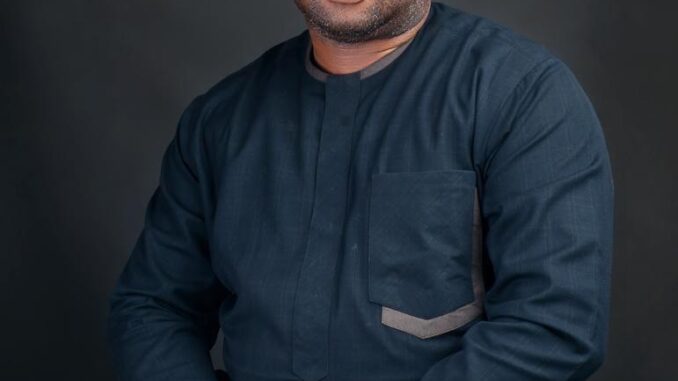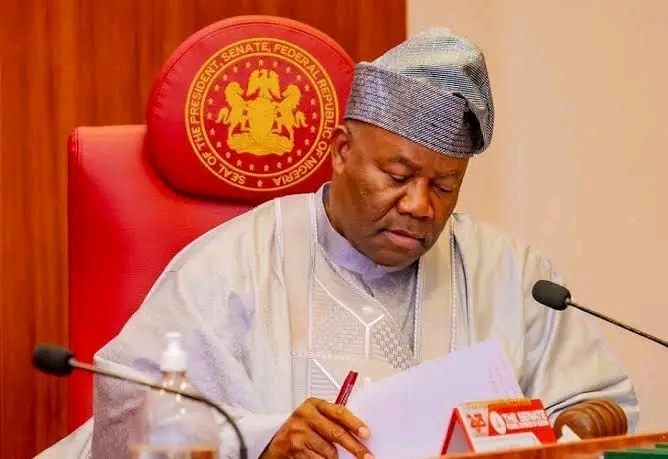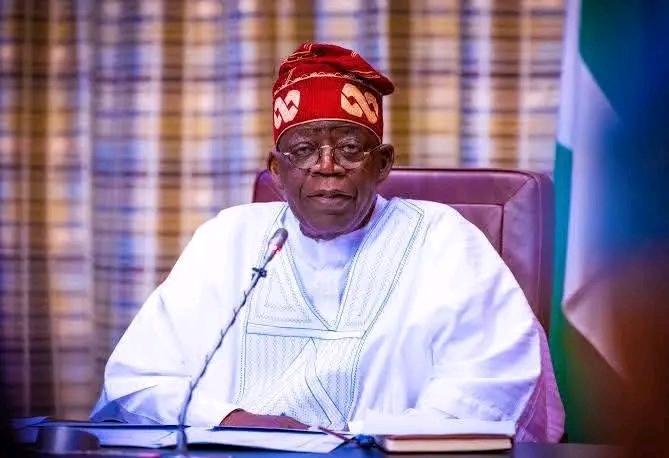
By Divine Sam
In the face of growing insecurity and a surge in youth-related crimes, Nigeria stands at a critical juncture. Dr. Chinedu Ogwus, President of the Ogwus Youth Empowerment and Community Development Organization (OYECDO), recently delivered a compelling call to action that deserves national attention. His message, a mix of urgency and hope, lays out a multi-pronged strategy to combat the growing influence of social vices cultism, internet fraud, drug abuse, child trafficking, and economic sabotage through youth empowerment and community engagement.
At the heart of this proposal is a fundamental truth: Nigeria’s youth are not only the most vulnerable to these vices but also the most powerful agents of change. With over 60% of the population under 30, the future of Nigeria hinges on our ability to guide and empower young people. OYECDO has taken this challenge head-on, proving that grassroots efforts can spark transformation even where systemic failure has persisted.
Dr. Ogwus highlights the dire consequences of allowing these vices to fester. From cultism infiltrating our educational institutions to “Yahoo Yahoo” practices damaging Nigeria’s global image, the threats are both internal and external. This is not merely a moral issue but a national crisis. It undermines economic stability, erodes trust in institutions, and chips away at the very soul of the nation.
Yet, this editorial is not a lament. It is a celebration of what can be achieved when courage meets commitment. The proposed roadmap rooted in education, economic opportunity, enforcement, mentorship, justice reform, media regulation, youth leadership, and environmental stewardship is not a theoretical framework. It is a proven model, adapted from global success stories and tailored to Nigeria’s realities.
Take Germany’s dual education model, which merges classroom learning with hands-on training. Its adaptation in Nigeria, through subsidized fees and job placements, can democratize access to quality education. Likewise, supporting graduates with stipends or internships can bridge the employment gap, turning frustration into productivity.
Entrepreneurship also features prominently in this vision. Dr. Ogwus rightly identifies Nigeria’s production hubs—Aba, Onitsha, Nnewi, Kano—as untapped engines for youth employment. By expanding access to capital and incubator programs, the government can foster innovation and reduce reliance on white-collar jobs that no longer meet the demands of a growing youth population.
Equally vital is the call for strengthening law enforcement. In countries like Singapore, visible and effective policing has deterred crime and instilled a sense of order. Nigeria must adopt similar tactics, starting with improved housing, updated gear, and fair wages for officers. When security forces are respected and well-equipped, crime becomes a risk too great for many to pursue.
Positive role models play a crucial role as well. Brazilian footballers, American entrepreneurs, and Canadian activists have shown how youth can be inspired by those who overcame adversity through legitimate means. Nigeria’s stars writers, athletes, tech leaders must be elevated as beacons of integrity.
Dr. Ogwus also addresses the legal system, calling for impartiality and independence. As seen in Scandinavian nations, when laws are applied fairly, the public regains trust in institutions. For Nigeria, removing political interference from the judiciary is a prerequisite for justice.
Media regulation is another under-explored but powerful tool. Countries like South Korea have reined in harmful content through legislation. Nigeria must do the same, especially concerning offshore media platforms that spread glorified portrayals of crime and violence. Adding surveillance infrastructure like wireless CCTVs can further reduce crime rates.
In promoting youth leadership, OYECDO urges inclusivity in governance. By integrating young voices into political and developmental discourse, Nigeria can craft policies that reflect the realities and aspirations of its largest demographic. Support for youth NGOs and empowerment centers is not charity; it is strategic investment.
Equally commendable is the focus on environmental sustainability. Cleaner communities improve physical and mental health, which in turn reduces susceptibility to drug abuse and depression. Youth involvement in environmental protection fosters responsibility and ownership of public spaces.
What sets OYECDO apart is not just its vision but its action. Already, it has facilitated youth placements in football academies, reduced crude oil bunkering, illuminated rural communities with solar energy, and provided critical support to widows and vulnerable populations. These tangible impacts serve as a blueprint for national replication.
More than a speech, this proposal is a call to partnership. OYECDO seeks collaboration with government agencies to expand its reach and align with the administration’s goals. By working together, public and private sectors can amplify each other’s strengths.
The future is not promised it is built. Dr. Ogwus’ call to action is a reminder that solutions exist, but they require our collective will to implement. Social vices are not insurmountable when faced with empowered youth and committed leadership.
Let us heed this call. Let us invest in our youth, not just as beneficiaries, but as partners in nation-building. The stakes are high, but so is the potential. Nigeria can rise, not in spite of its challenges, but because it chose to confront them head-on with unity, integrity, and bold action.
As Dr. Ogwus concluded: “Together, we can transform Nigeria into a land of opportunity, peace, and prosperity.” Let this not be mere rhetoric. Let it be our rallying cry.


Great one… keep the fire burning..